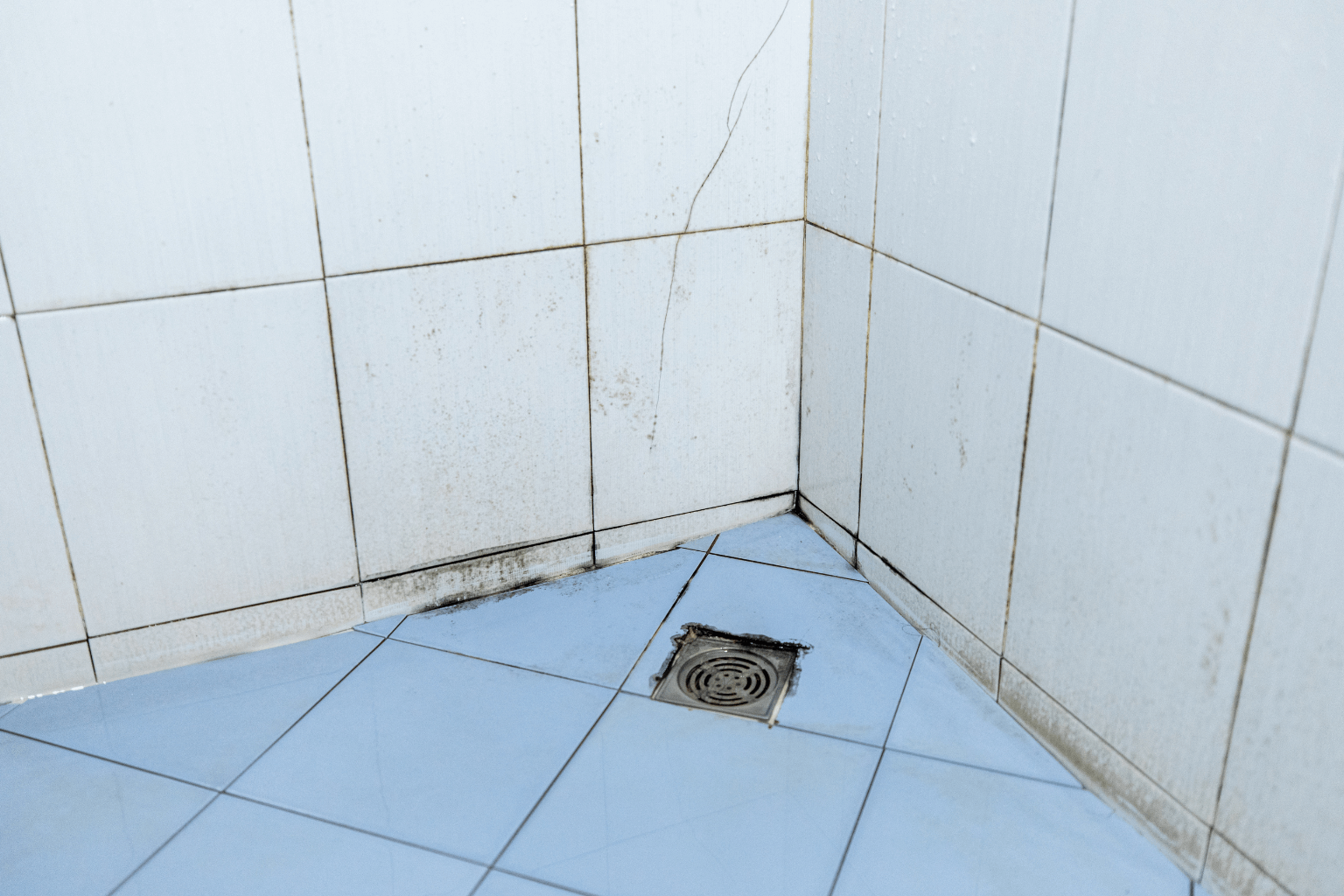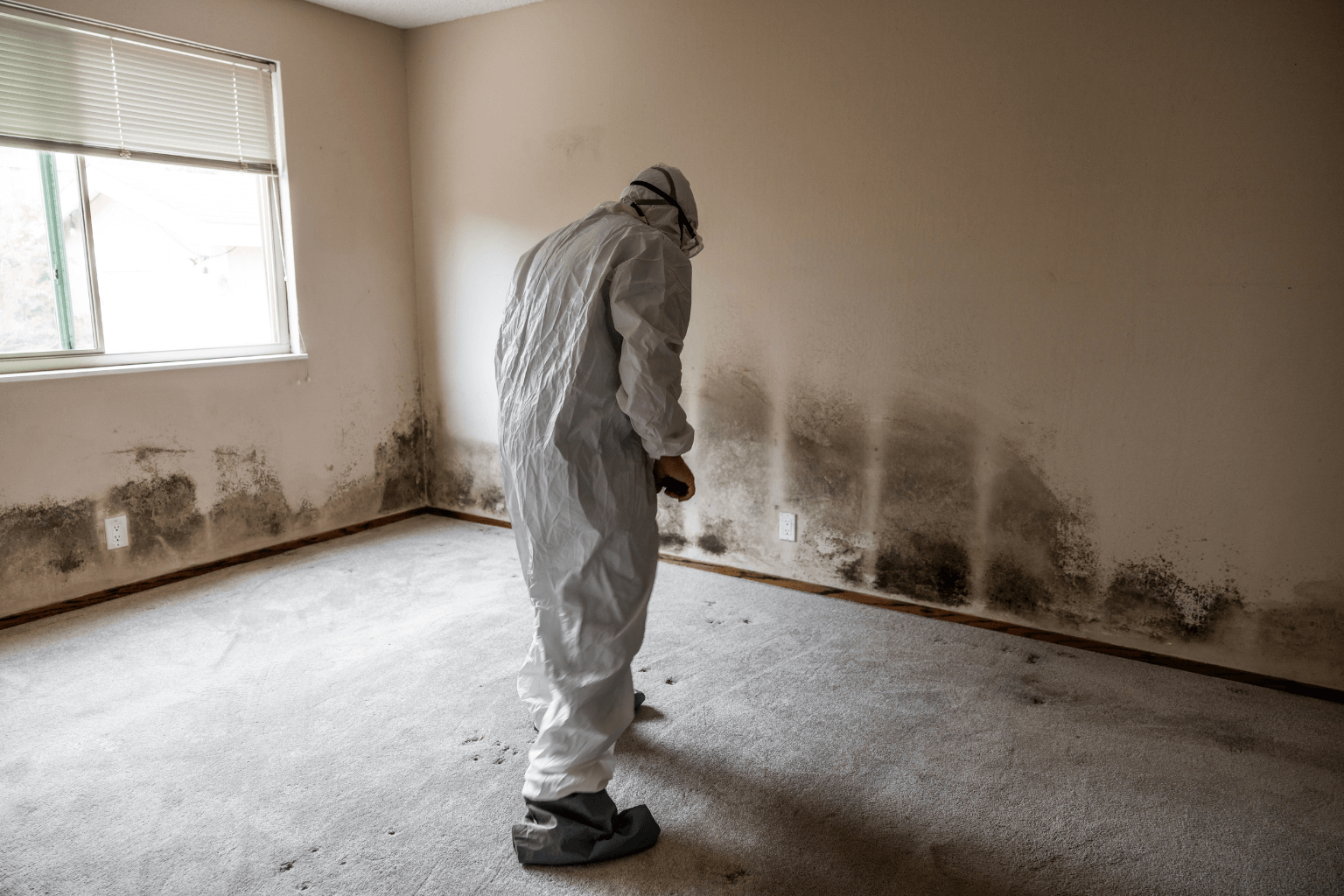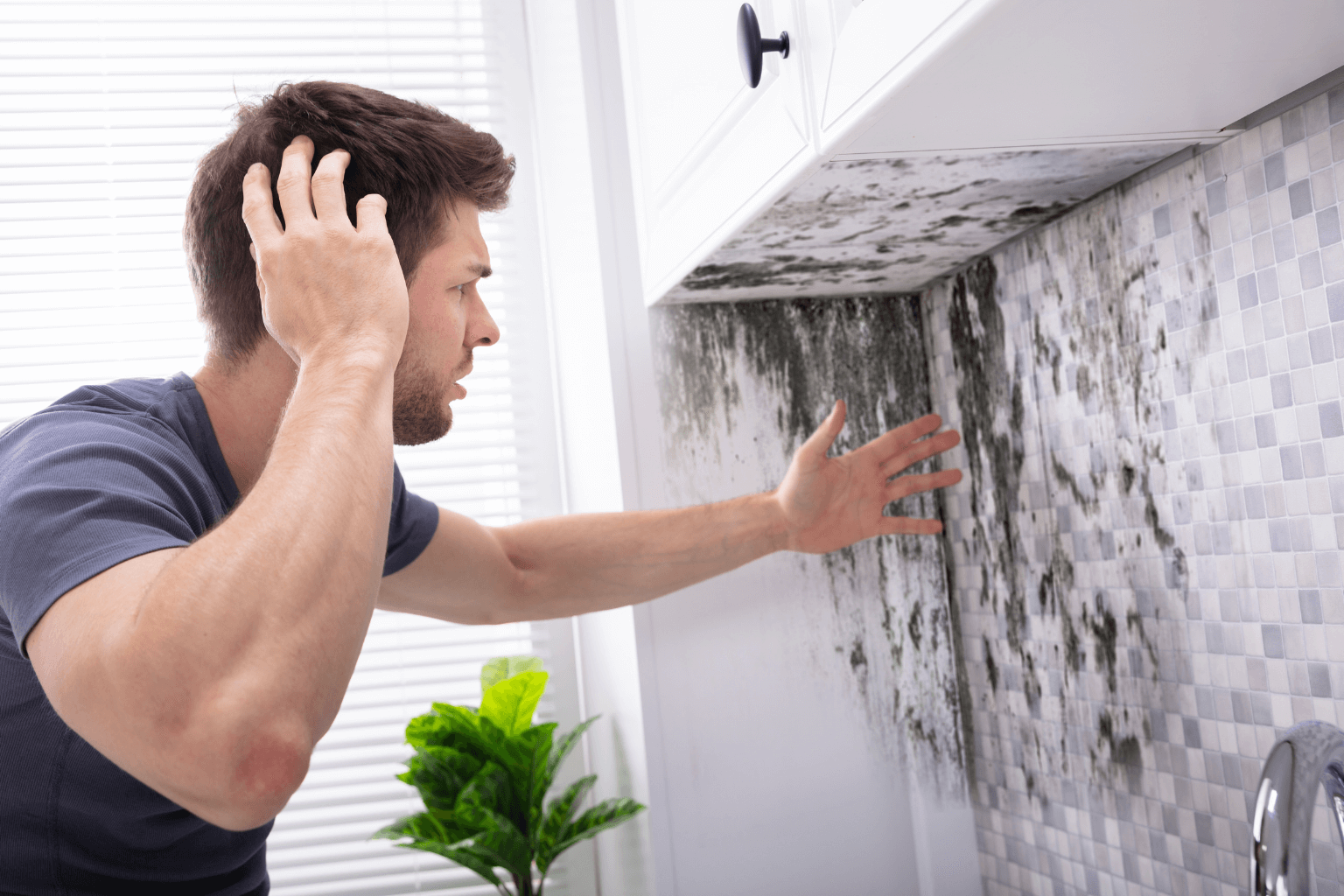What Homeowners Need to Know About Selling a Mold-Damaged Property
Can you sell a house with mold problems? Yes, you can, but it takes the right strategy. In California, you're legally required to disclose any known mold issues. Mold can decrease your home's value by 10–30%, but being transparent and handling the problem correctly can make all the difference. Whether it's black mold or a hidden moisture issue, knowing how to sell a house with mold problems gives you the upper hand. Let's break down how to make it happen without added stress.
Hot Topic You Might Love: If you're enjoying this, don't miss our latest post —Can You Sell a House That’s Under Construction. It's getting attention and might surprise you. It's packed with tips on marketing, legal steps, and financing for non-standard property conditions.
Understanding Mold and Its Impact
What Is Mold and Why Does It Matter?
Mold is a type of fungus that grows in damp, humid places—think basements, bathrooms, or areas with leaks. It comes in various colors, including black, green, and white. The most concerning type is black mold (Stachybotrys), known for its health risks.
According to the CDC, prolonged mold exposure can cause allergic reactions and asthma attacks, especially in individuals with weakened immune systems.
How Mold Affects Home Sales
Even small mold spots can raise red flags for buyers. They might worry about hidden damage or health risks. To sell a house with mold problems, you need to be upfront, provide proof of repairs, and demonstrate that you've taken the issue seriously.

Legal Disclosure: Selling a Home With Mold
Why Disclosure Is Required
If you're in California, the law requires you to disclose any known mold issues to buyers. Failing to disclose can lead to lawsuits or the cancellation of sales. Mold disclosure when selling a house protects both you and the buyer.
If you're selling in areas like Novato, CA, working with local professionals who understand state and city disclosure laws can make the process smoother and ensure it is legally sound.
What You Need to Disclose
- Any known mold damage (past or present)
- Visible signs of mold
- Any steps you've taken to fix the issue
- Past water leaks or flooding
This level of honesty shows buyers that you're responsible and builds trust.

Get a Professional Mold Inspection
Hiring a certified mold inspector gives you the documentation you need. They'll use tools like air sampling and moisture meters to check for hidden mold. A professional mold inspection typically costs between $300 and $1,000, but it is worth every penny.
Benefits of an Inspection
- Identifies the mold source
- Provides a clear report for buyers
- Helps set a fair price
- Offers peace of mind

How to Fix Mold Problems Before Selling
Effective Mold Remediation Steps
- Hire certified mold removal experts.
- Fix the source—leaky pipes, roof damage, poor ventilation.
- Use HEPA air filtration and dehumidifiers.
- Remove and replace mold-infested materials.
- Re-test after cleanup
Once done, keep records of everything, including receipts, inspection reports, and before-and-after photos.
Document Mold History for Buyers
Buyers will want to know: Was the mold fixed, and how serious was it? Put together a folder with:
- The mold inspection report
- Mold remediation receipts
- Photos of the cleaned area
- A summary of what you did
This helps reduce hesitation and builds credibility.

How to Price a Home With Mold Problems
Mold can lower your home's value, depending on the severity of the issue. Price adjustments of 10–30% are standard.
Tips for Setting a Fair Price
- Do a Comparative Market Analysis (CMA)
- Offer a repair credit instead of attempting to fix it yourself.
- Be transparent in your listing description.
- Highlight your home's strong points (such as a new roof or kitchen upgrade).
If you're dealing with more than just mold—like a significant life event—you're not alone. For example, selling a house after a divorce agreement presents its pricing challenges, especially when the property requires repairs. Understanding how different situations affect home value can help you price your home more accurately and attract serious buyers.

Smart Selling Strategies for Mold-Affected Homes
Target the Right Buyers
Consider marketing to:
- Cash buyers – They're often investors who expect to make repairs.
- Flippers – They want fixer-uppers
- Buyers with contractors – They won't be scared off by mold.
Suppose you're also concerned about foreclosure risks while trying to sell. In that case, it's worth brushing up on the basics. This quick video on foreclosure explains what it is and how it might impact your options if it's not your only challenge.
Offer Buyer Assurances
- Include a home warranty for future mold-related issues.
- Provide full documentation
- Offer credits for mold remediation rather than doing it yourself

Work With Real Estate Experts
Don't do it alone. An experienced real estate agent can:
- Help with mold disclosure when selling a house
- Negotiate fairly with buyers.
- Recommend local mold inspectors or contractors.
- Market your home's potential—not just its problems.
Final Thoughts
Selling a house with mold problems isn't easy, but it's completely possible. By staying transparent, getting a professional mold inspection, and following legal steps, you can move forward with confidence. With the right team and a proactive approach, you'll be able to close the deal and move on without worry.





